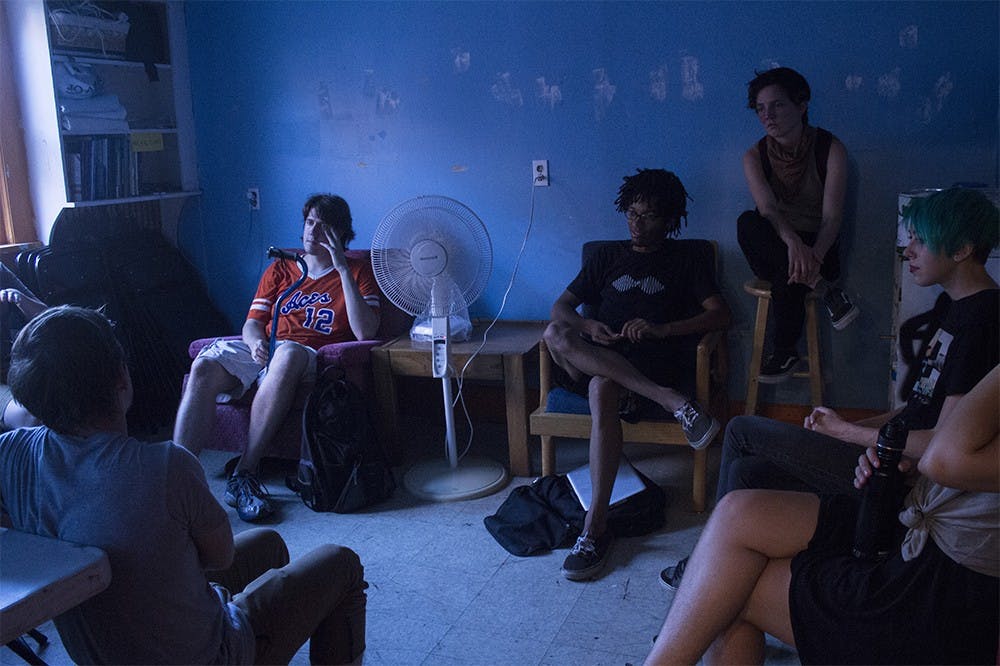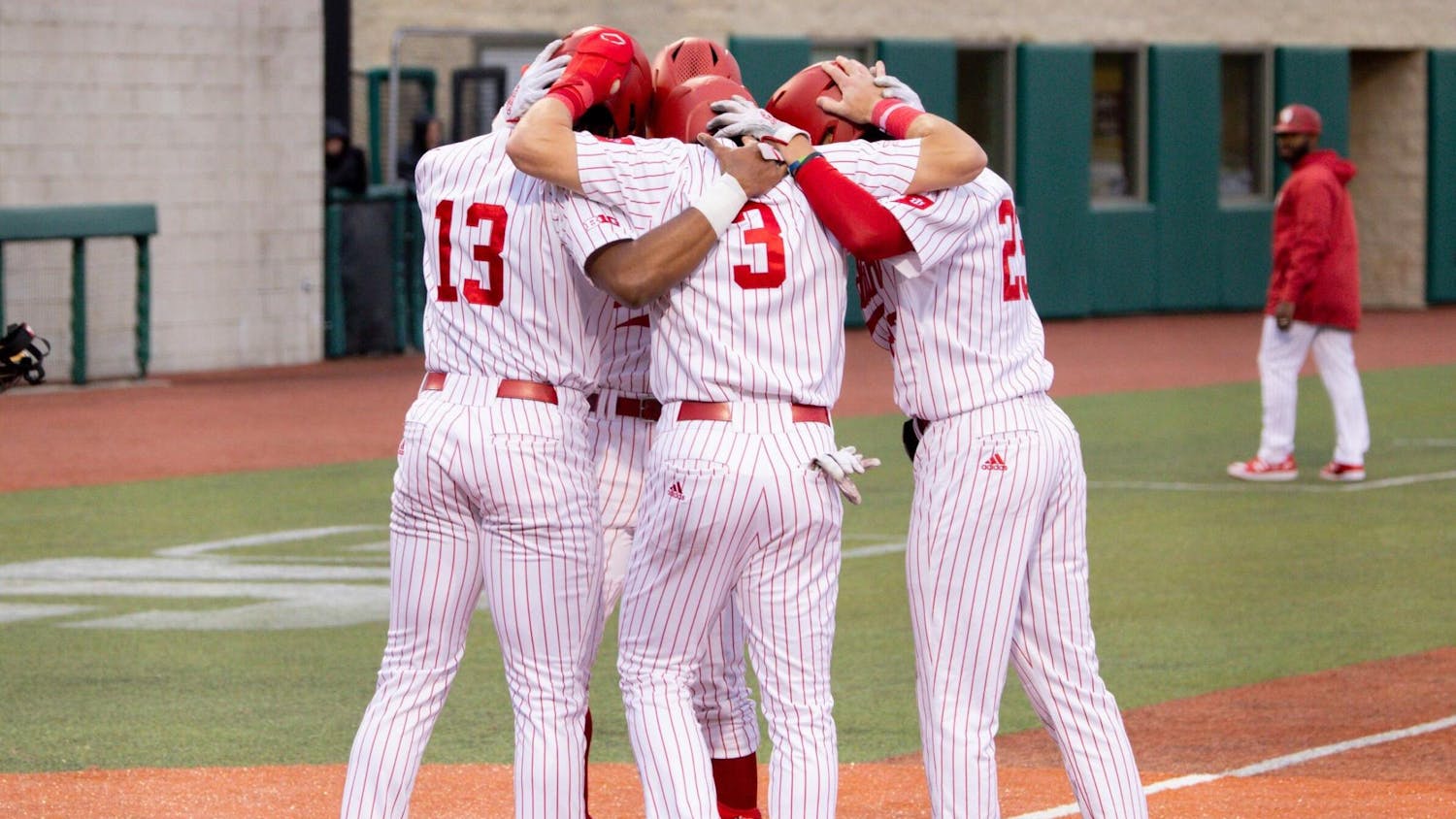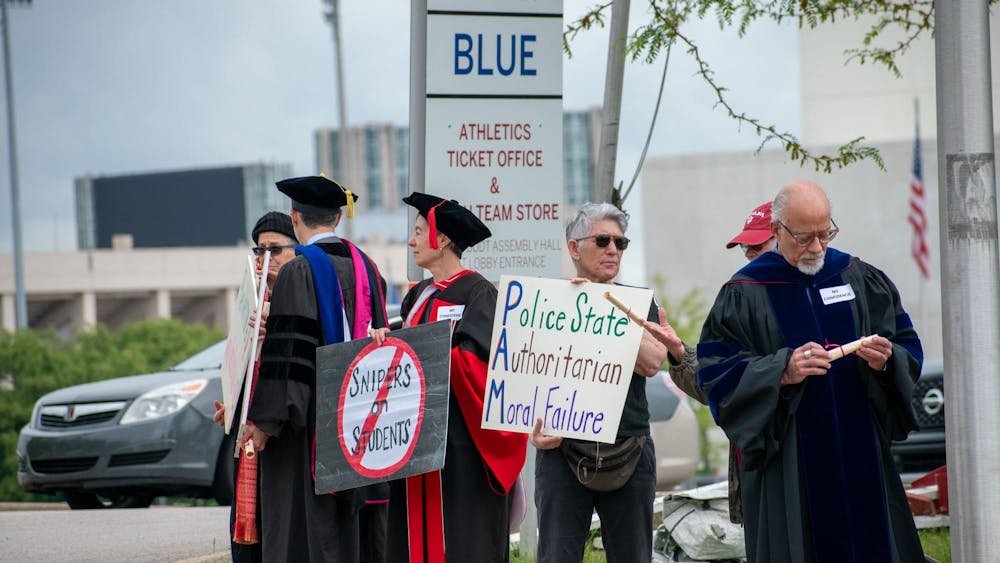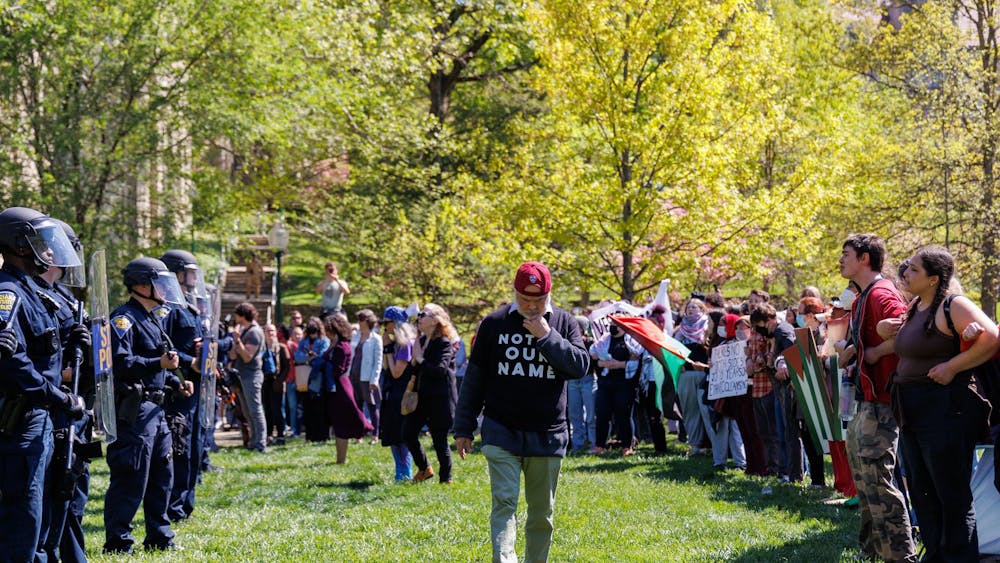Inspired by the underground punk feminists movement, Quiet Grrrl launched last December, making appearances at WIUX’s Culture Shock and the Feminist Student Association’s Slut Walk.
The group focuses on speaking against social injustices within the Bloomington community and nationally through art.
Originally formed as a girl band, Quiet Grrrl expanded as a social movement. The group focuses on artistic expression through poetry, art and music by creating and collaborating in Bloomington. The group is composing a female-fronted album titled “The Quiet Grrrl Music Collective.”
Although the framework of the group originates from the 1990s third wave of feminism, Quiet Grrrl is not exclusively a feminist organization and speaks out against social injustices such as transphobia and sexual assault.
Bloomington resident and non-binary transwoman Tom Williams sought out Quiet Grrrl to speak about trans rights and bring trans-misogyny to the forefront of feminist discussion.
“I want to make trans-misogyny a focal point of what we’re trying to stop and work against,” Williams said.
Unlike similar student organizations such as the FSA and Stop the Kyriarchy, Quiet Grrrls is not affiliated with IU and is open to Bloomington residents. They lack affiliation partially because the group does not align with all of IU’s ideals and policies — specifically, IU’s sexual assault policies, IU alumna and Quiet Grrrl co-founder Shelby Everett said.
“It also opens it up to a more diverse demographic,” Everett said.
The group plans to collaborate with IU’s student organizations that address sexual assault and other issues, including FSA’s Take Back the Night march.
“Because we want to focus on multiple social injustices, we need more than one group or one person to speak out,” Everett said.






